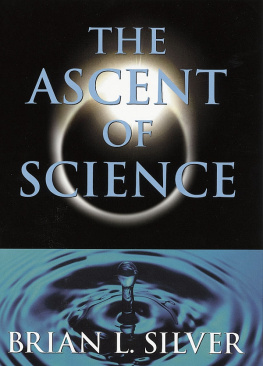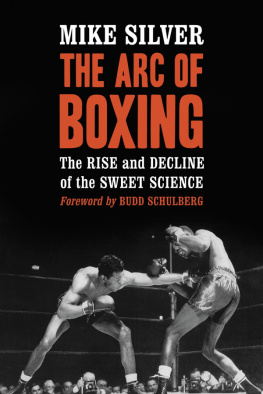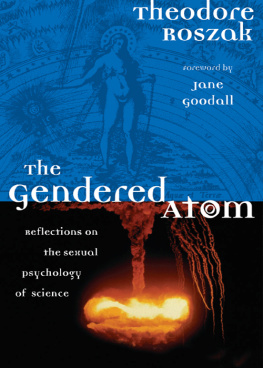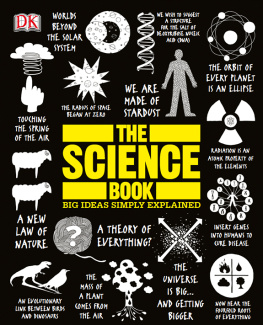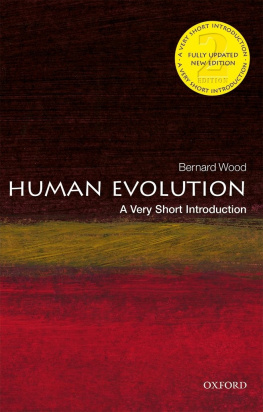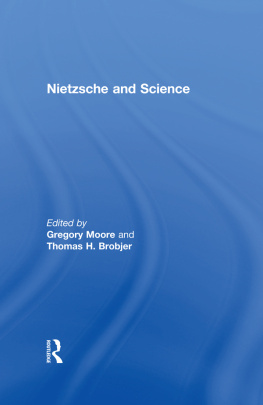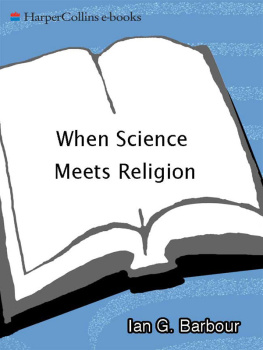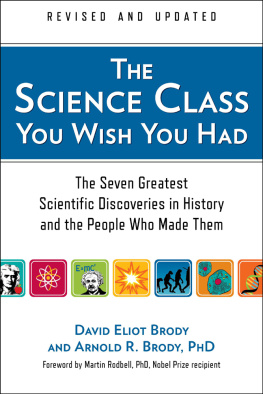Silver - 2000;1999;
Here you can read online Silver - 2000;1999; full text of the book (entire story) in english for free. Download pdf and epub, get meaning, cover and reviews about this ebook. City: Washington;D.C, year: 2000;1999;2015, publisher: Oxford University Press USA - OSO;Library of Congress, NLS;BPH, genre: Religion. Description of the work, (preface) as well as reviews are available. Best literature library LitArk.com created for fans of good reading and offers a wide selection of genres:
Romance novel
Science fiction
Adventure
Detective
Science
History
Home and family
Prose
Art
Politics
Computer
Non-fiction
Religion
Business
Children
Humor
Choose a favorite category and find really read worthwhile books. Enjoy immersion in the world of imagination, feel the emotions of the characters or learn something new for yourself, make an fascinating discovery.
2000;1999;: summary, description and annotation
We offer to read an annotation, description, summary or preface (depends on what the author of the book "2000;1999;" wrote himself). If you haven't found the necessary information about the book — write in the comments, we will try to find it.
2000;1999; — read online for free the complete book (whole text) full work
Below is the text of the book, divided by pages. System saving the place of the last page read, allows you to conveniently read the book "2000;1999;" online for free, without having to search again every time where you left off. Put a bookmark, and you can go to the page where you finished reading at any time.
Font size:
Interval:
Bookmark:


Oxford New York
Athens Auckland Bangkok Bogot Bombay
Buenos Aires Calcutta Cape Town Dar es Salaam Delhi
Florence Hong Kong Istanbul Karachi
Kuala Lumpur Madras Madrid Melbourne
Mexico City Nairobi Paris Singapore
Taipei Tokyo Toronto Warsaw
and associated companies in
Berlin Ibadan
Copyright 1998 by Oxford University Press
First published by Oxford University Press
First issued as an Oxford University Press Paperback, 2000
198 Madison Avenue, New York, New York 10016
Oxford is a registered trademark of Oxford University Press
All rights reserved. No part of this publication may be reproduced,
stored in a retrieval system, or transmitted, in any form or means,
electronic, mechanical, photocopying, recording, or otherwise,
without the prior permission of Oxford University Press.
Library of Congress Cataloging-in-Publication Data
Silver, Brian L.
The ascent of science / Brian L. Silver.
p. cm. A Solomon Press book.
Includes bibliographical references and index.
ISBN 0195116992 (hbk); ISBN 0195134273 (pbk)
1. ScienceHistory. 2. SciencePhilosophy.
3. Thought and thinkingHistory. I. Title.
Q125.S5425 1998 303.483dc21 9715430
9 8 7 6 5 4 3 2 1
Printed in the United States of America
on acid-free paper
This book is for Sharon,
who knows the reasons that reason cannot know
It is a pleasure to acknowledge the help given me by the staff of the Oxford University Press in New York, especially the encouragement, friendliness, and constructive professionalism of Kirk Jensen and Helen Mules.
The nineteenth-century Belgian mathematician and statistician Adolphe Qutelet, in his Treatise on Man and the Development of His Faculties, An Essay on Social Physics, defined lhomme moyen. I have never met an average man, but I frequently meet his far more charismatic brother: lhomme moyen sensuel. The French is usually puritanically translated into English as the average man, thus, with Anglo-Saxon squeamishness, sidestepping the Gallic sensual. We shall leave him with his hormones and call him HMS. HMS remembers little or nothing of the math and science that he learned at school, he is suspicious of jargon, he is more streetwise than the average scientist, he is worried about the future of this planet, he may like a glass of single-malt whisky to finish off the day. Above all, he is curious. In about 50 percent of cases he is in fact she. It is primarily to such readers, to HMS, that this book is addressed.
That which we know is a little thing; that which we do not know is immense.
Pierre-Simon de Laplace
Science, mans greatest intellectual adventure, has rocked his faith and engendered dreams of a material Utopia. At its most abstract, science shades into philosophy; at its most practical, it cures disease. It has eased our lives and threatened our existence. It aspires, but in some very basic ways fails, to understand the ant and the Creation, the infinitesimal atom and the mind-bludgeoning immensity of the cosmos. It has laid its hand on the shoulders of poets and politicians, philosophers and charlatans. Its beauty is often apparent only to the initiated, its perils are generally misunderstood, its importance has been both over- and underestimated, and its fallibility, and that of those who create it, is often glossed over or malevolently exaggerated.
The attempt to explain the physical universe has been characterized by perpetual conflict. Established theories have continually been modified or violently overthrown, and as in the history of art and music, innovations tend to be ridiculed only to become, in time, the new dogma. The struggle between old and new has rarely been dignified. Scientists come in many colors, of which the green of jealousy and the purple of rage are fashionable shades. The essence of scientific history has been conflict.
This book presents science as a series of ideas that changed the course not only of science itself but often of whole areas of human thought. Science, of course, has its practical benefits, but they will not be our primary concern. This is not a book about nonstick frying pans. We will be looking at ideasadmiring their beauty, occasionally standing awestruck before the towers of imagination, but always being prepared to doubt; always being aware not only of the ingenuity but also of the deep limitations, and the repeatedly demonstrable inertia, of the human mind.
Science, by its nature, is changeable. There is always some scientist, somewhere, who is disproving an explanation that another scientist has proposed. Usually these shifts of interpretation leave the fabric of society undisturbed. Occasionally, however, real revolutions tear down part of our system of established beliefs. Thus, in the seventeenth century, science presented us with a mechanical universe, a giant inexorable clock. Three centuries later, physics has cut some of the levers that bind cause to effect and has led us into a shadowy maze where we affect the universe by the act of observing it and are ignorant of the true meaning of our most basic concepts.
Some see the fragility of scientific theory as an indication of a basic inability of science to explain the universe. But scientific change is almost always accompanied by an increase in our ability to rationalize and predict the course of nature. Newton could explain far more than Aristotle, Einstein far more than Newton. Science frequently stumbles, but it gets up and carries on. The road is long. As we come to the end of this century, it is prudent to recall that at the end of the ninet-tenth century the general opinion amongst physicists was that nothing of any great importance remained to be done in physics. And then came radioactivity, X-rays, the discovery of the electron and the nucleus, a couple of hundred new fundamental particles, quantum mechanics and relativity, antimatter, dark matter, black holes, chaos, the Big Bang, and so on. Biology has been no less prolific. At the end of the twentieth century there are again voices proclaiming the imminent arrival of a theory of everything, a complete explanation of the Creation and workings of the cosmos. Maybe.
Science is not a harmless intellectual pastime. In the last two centuries we have moved from being simply observers of nature to being, in a modest but growing way, its controller. Concomitantly, we have occasionally disturbed the balance of nature in ways that we did not always understand. Science has to be watched. The layman can no longer afford to stand to one side, ignorant of the meaning of advances that will determine the kind of world that his children will inhabitand the kind of children that he will have. Science has become part of the human races way of conceiving of and manipulating its future. The manipulation of the future is not a question to be left to philosophers. The answers can affect the national budget, the health of your next child, and the long-term prospects for life on this planet.
This book is a report of the scientific campaign up to now. It is not a history of science but rather an account of the major battles, the frequently eccentric generals, and the ways in which science has deeply influenced mans picture of the world and of himself. It is not a final summing-up. We know that we are far from a real understanding of nature. We press on. Michelangelos divine discontent gives us no rest. And although the history of science may be a trail littered with broken theories and discarded concepts, science is also a triumph of reason, luck, and above all imagination. There are few more successful, exciting, or strange journeys.
Font size:
Interval:
Bookmark:
Similar books «2000;1999;»
Look at similar books to 2000;1999;. We have selected literature similar in name and meaning in the hope of providing readers with more options to find new, interesting, not yet read works.
Discussion, reviews of the book 2000;1999; and just readers' own opinions. Leave your comments, write what you think about the work, its meaning or the main characters. Specify what exactly you liked and what you didn't like, and why you think so.

